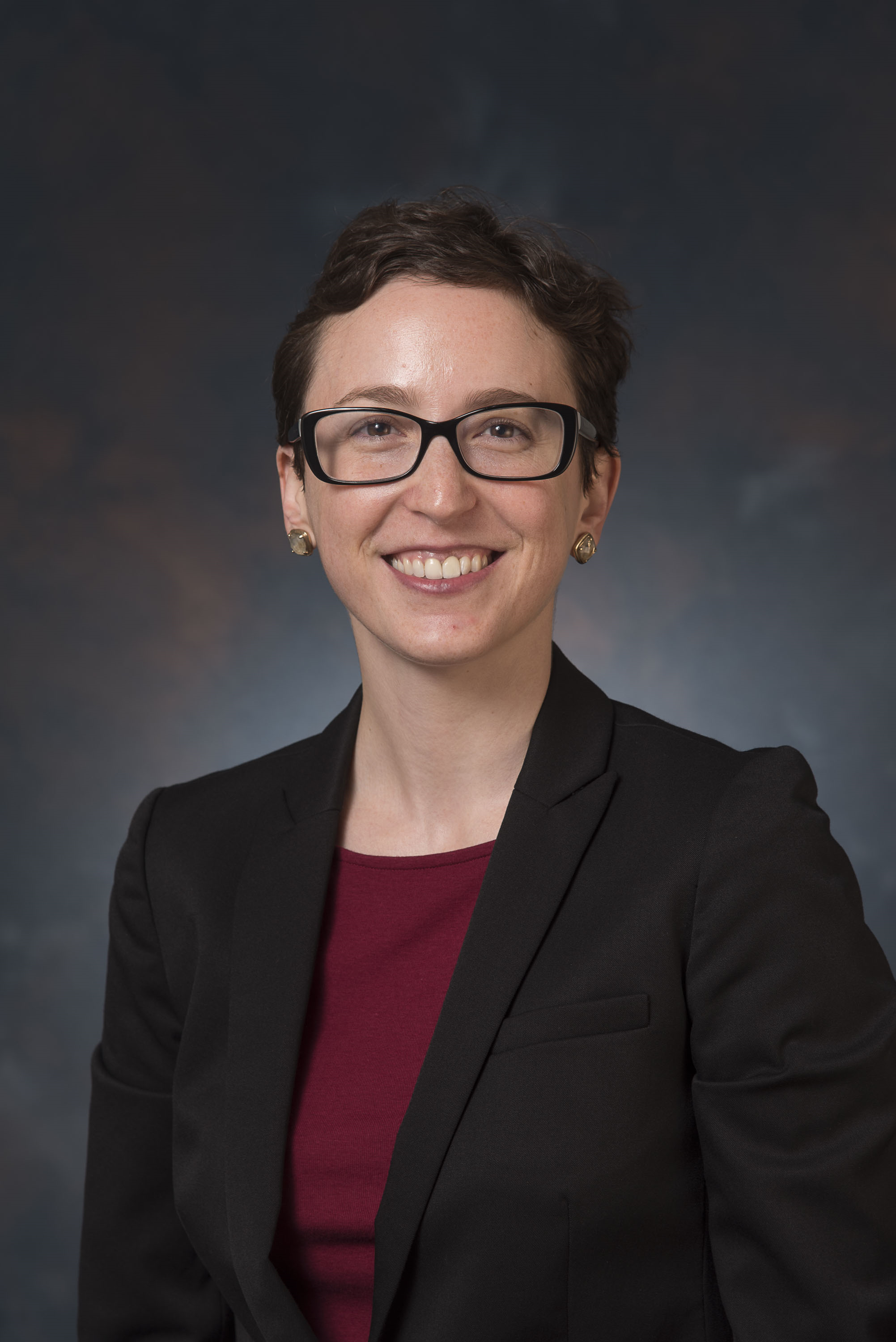13 Ways of Looking at the Pandemic as a Clinical Fellow in an SNF
Written By: Jenny Fortin, MFA, MS, CF-SLP
With acknowledgment of and apologies to Wallace Stevens and his poem “Thirteen Ways of Looking at a Blackbird”
1) Look at it as the force that necessitated our learning to care largely via our eyes, masked, and while yelling to be heard. It’s exhausting to shout all day, though I try to avoid this for the many evident reasons. Am I the only one struggling to keep saying the normal, human things instead of selecting against these (I just won’t say, “It’s gonna get even hotter this afternoon"), because it’s harder to say them? To communicate, “It’s gonna get even hotter this afternoon” exactly how I want to now is difficult.
2) No, of course I’m not the only one. I just described most of the people I’m caring for, and, I imagine, most of the world’s population at the moment.
3) Things are changing.
4) Doorways: Inevitably, there is someone in a room doing something dangerous. They need help quickly; I am the only one who sees from out on the floor. Rush in to encourage him to stay seated, to wait for help to stand, or spend the minutes putting on the PPE? Is there PPE in the drawer outside his room, or did someone take the last gown and not restock? I know I must take the time to put on the gear in order to go in. I do, but suddenly it seems like so many of our people are restless, stirring, trying to get up, getting up. The torque of my impulse v. the invisible dangers. Now/later. Wanting to move toward the situation where help is needed and held up in the doorway. Compassion in slow motion. There’s urgency, and I’m responding by getting dressed. Is it me, or have we all gotten more restless? Are we all fighting to show that we can and will take just these few steps, gripping the table? We used to be able to, we feel strong enough, we shouldn’t, we can’t, we do.
5) There’s urgency, and I’m responding by getting dressed, continued: It feels like the incongruence of reacting to the raised fist of the drowning by strolling the beach for a while before diving into the sea.
6) Things are again changing.
7) For me as a new practitioner, few tasks are second nature, so that each requires significant energy. Doing the PPE safely has the same value as performing the evaluation thoroughly and has the same value as entering information in the right field. Our actions, according to the pandemic, change almost daily. This goes in this container, that goes in that. This morning we have gloves donated by veterinarians—blue, they go up to the elbows—this afternoon we’re back to the usual gloves. Today we’re reusing, tomorrow we are not.
8) The demand for productivity remained and remains constant.
9) Meanwhile, it feels like news story after story rambles on: Don’t worry about productivity, here’s what to cook, these are steps you can take to complete the home projects you’ve been putting off. How to fill the extra time.
10) As though we have forgotten the purpose and/or existence of scissors, all of our hair has grown so long. All of our hair has grown so long: that sentence got weird, like possibly we all have the same hair, like it is singular and various simultaneously, like we are all one changed and different animal together. Finally.
11) I don’t care if it’s not directly related to the goals, in my sessions I try to remind people that it’s been especially lonely for a reason, and that they’ve done nothing to cause this particular loneliness. I do what I can to connect them with their families, like facilitate phone calls and receive their reminiscence with as much warmth as I can.
12) I call them by their full names sometimes. I reflect to them how lovely, very lovely, they are. It turns out this is always directly related to the goals.
13) Where are all the incidental things we would have said but now are not going to? It’s gonna get even hotter this afternoon.

Jenny Fortin, M.F.A., M.S., CF-SLP is happy to report that she just completed the CF requirements at a small SNF in the Adirondacks. She has a special interest in poetry and adults with neurogenic communication disorders, and particularly in what happens when these are combined.
